Question And Answer
Publications
Articles, publications, books, tools and multimedia features from the U.S. Institute of Peace provide the latest news, analysis, research findings, practitioner guides and reports, all related to the conflict zones and issues that are at the center of the Institute’s work to prevent and reduce violent conflict.
Diplomats, Aid Workers Must Take Risks to Reduce Conflict, New U.S. Blueprint Says
America’s new diplomatic and foreign-aid blueprint places top priority on the need to prevent and resolve violent conflict and strengthen governance in an effort to restore a measure of global stability. But to accomplish those objectives, the plan’s authors also stressed that U.S. government agencies, together with Congress, must directly accept and address the inherent risks to the civilian workers who carry out those missions.
Why Ukraine Matters and Why the U.S. Should Help
Last year’s unexpected Russian invasion and annexation of Crimea and its hybrid war in eastern Ukraine raise profound questions about the future of European security and the U.S. role in maintaining peace, says USIP Acting Executive Vice President Bill Taylor.
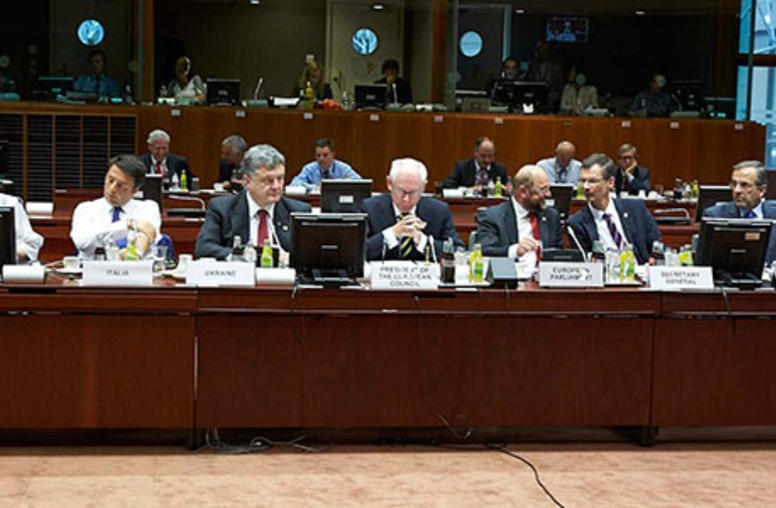
Ukraine: USIP’s Bill Taylor on the Prospects for the New Government (Video)
Bill Taylor, a former U.S. ambassador to Ukraine who currently serves as USIP’s acting president, just returned from a visit to Kyiv and discusses the prospects for the country’s new reform-oriented government.
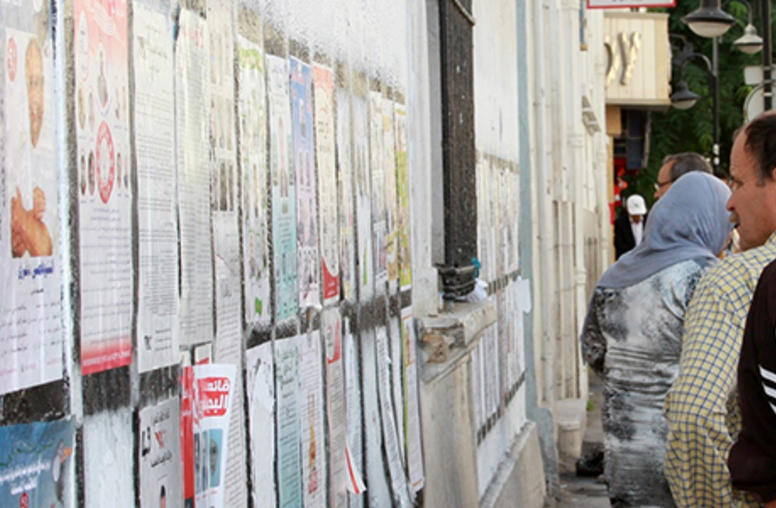
Q&A: Tunisia’s Upcoming Elections
Tunisia’s prospects for retaining its title as the only transition of the Arab Spring that hasn’t failed or collapsed into violence faces further tests this month and next, with important parliamentary elections scheduled for Oct. 26 and a presidential election on Nov. 23. USIP Acting President William B. Taylor, a former special coordinator for Middle East transitions in the State Department, considers what’s at stake.
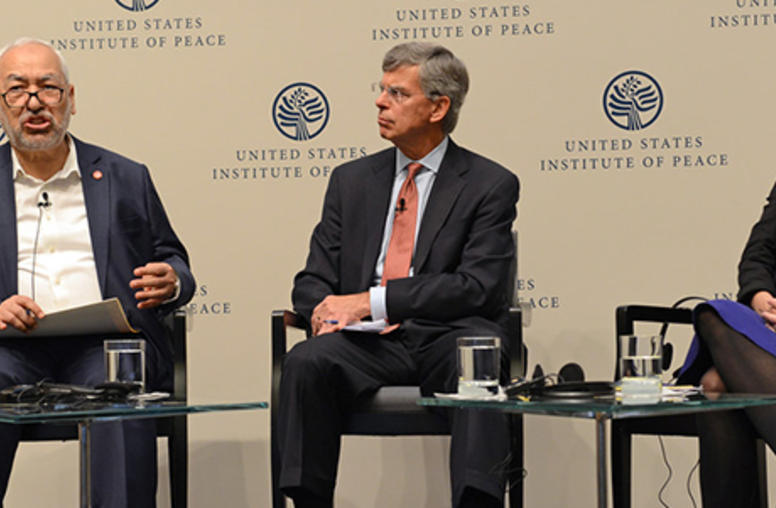
Islamist Party Leader Appeals for Aid to Bolster Tunisian Example of Moderation, Democracy
Sheikh Rachid Ghannouchi, the founder of Tunisia’s Islamist party, appealed this week for U.S. political and economic support as his country struggles to complete its historic transition. Tunisia, the lone success story out of the Arab uprisings, could serve as an example for Iraq, Syria, Egypt and others, he said.
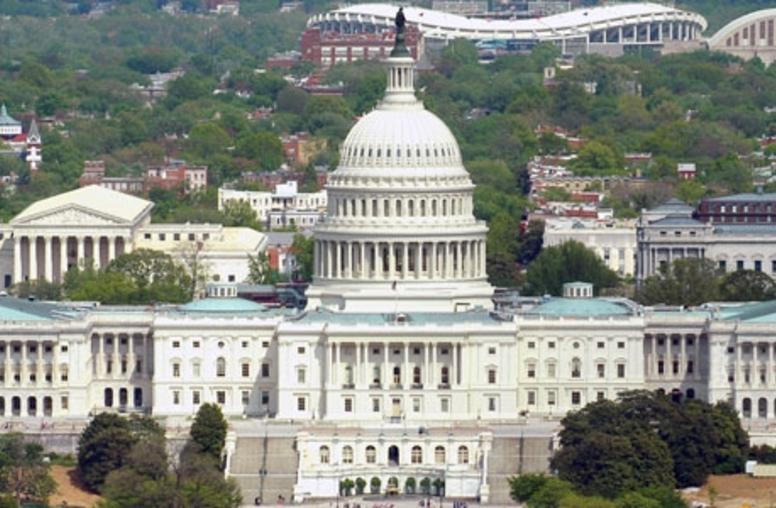
The Shootdown of Malaysian Flight 17 and the Escalating Crisis in Ukraine
William B. Taylor, vice president for Middle East and Africa, testifies before a joint subcommittee hearing: Committee on Foreign Affairs, Subcommittee on Europe, Eurasia and Emerging Threats and the Subcommittee on Terrorism, Nonproliferation, and Trade U.S. House of Representatives
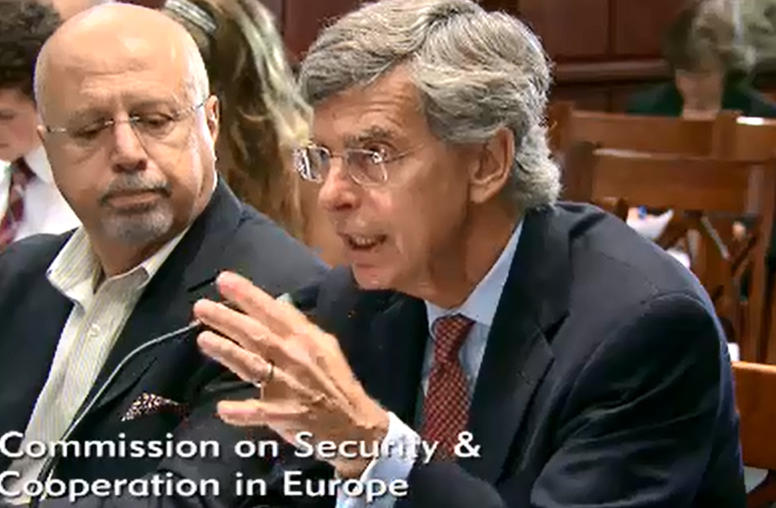
Political Pluralism in the OSCE Mediterranean Partners
William B. Taylor, vice president for Middle East and Africa, testifies before the United States Helsinki Commission on OSCE Mediterranean Partners.
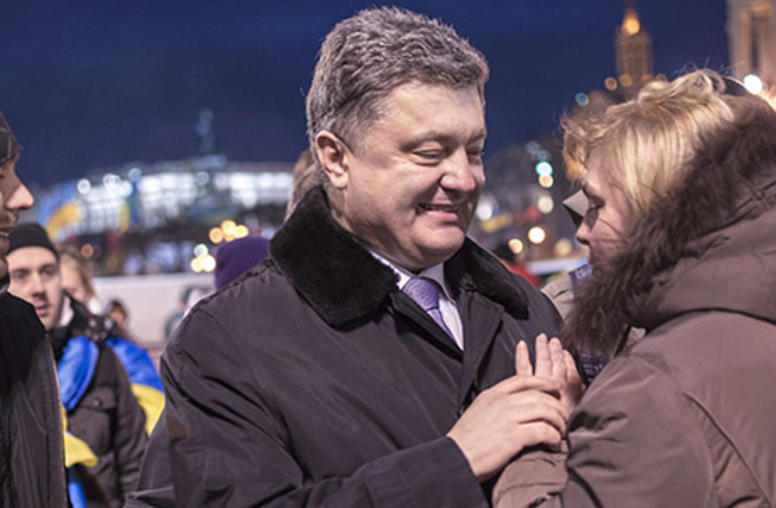
Blue-and-Yellow Shoe Laces: Ukrainian Unity in an Unlikely Spot
Petro Poroshenko takes office on June 7 as Ukraine’s new president. Despite challenges, I think he has the opportunity to bring Ukraine out of crisis to make a new start.
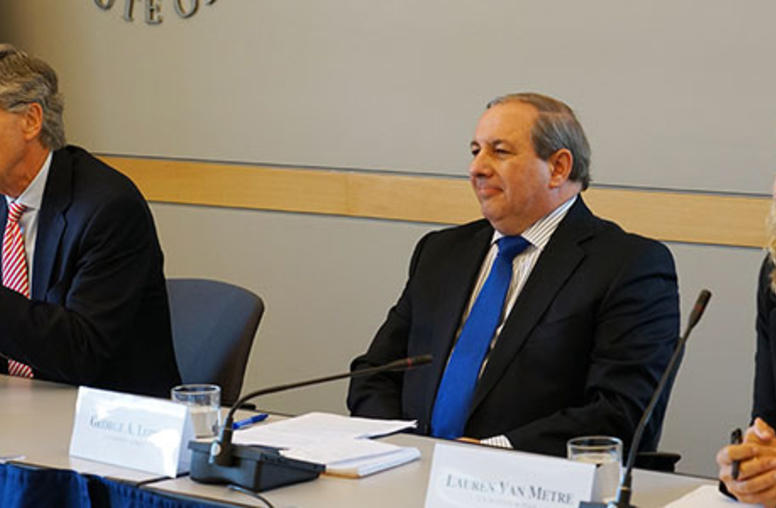
Russia's Putin 'Could Solve' Ukraine Crisis, Ex-U.S. Ambassador Says
Stacks of red coffins being transported from Ukraine back to Russia after deadly fighting at an airport in eastern Ukraine last week are among the telltale signs of Russia’s responsibility for the crisis gripping its neighbor, said William B. Taylor, a vice president at the U.S. Institute of Peace and a former ambassador to Ukraine.
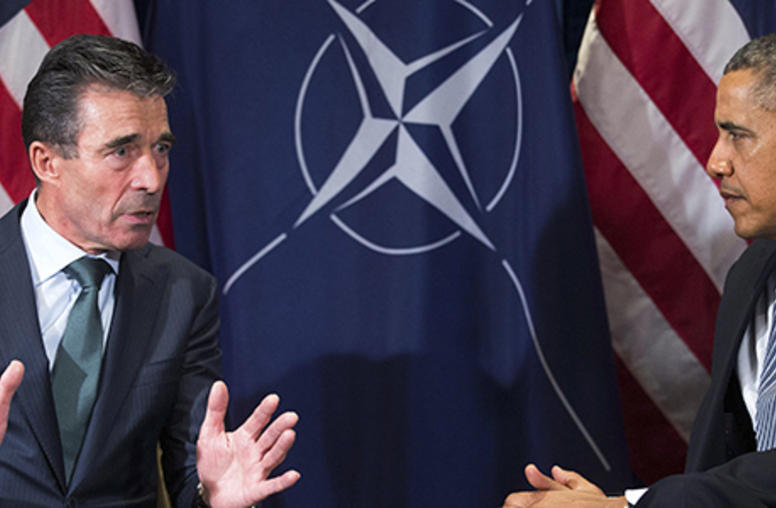
When Sanctions Aren't Enough
It should be clear now that the West has a Russian security problem. Twice in the last six years, the Kremlin has seized territory in a neighboring country on the grounds of protecting minorities or ethnic Russians and Russian speakers. In each instance, the rejoinder from the West proved to be inadequate. Now, this threat demands a broad response that goes beyond the steps taken to date, that will deter the Kremlin from further aggression.